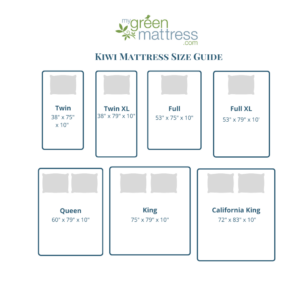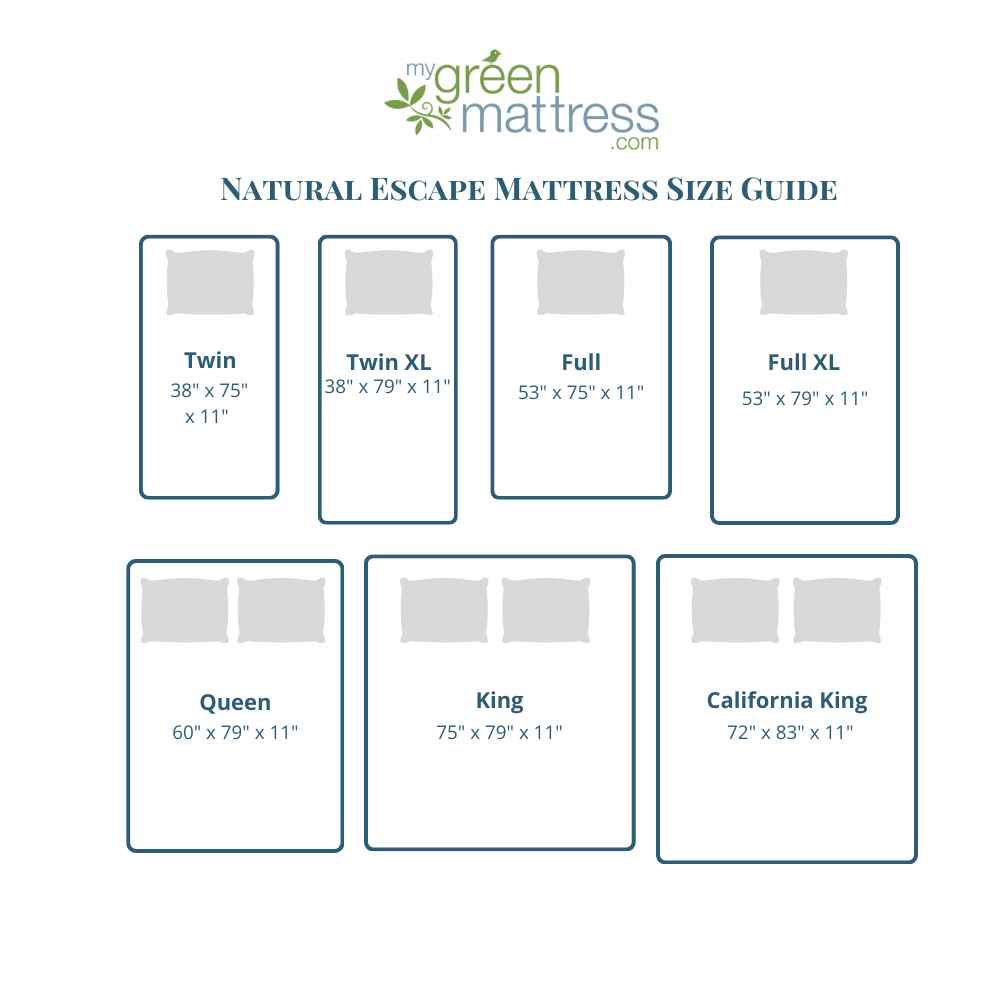The kids will be heading back to school soon, and bringing home runny noses and coughs. Whether we have kids in school or not, cold weather brings us back indoors after those glorious days in the sun and being in close quarters again helps spread the germs that are more stable in the dry, cold air. These are the perfect conditions to bring on cold and flu season.
Regular hand washing and non-sharing at school as well as staying away from communal snacking at work can help reduce exposure, but the best defense is a healthy immune system. You get this by eating healthy, exercising, reducing stress and getting a good night’s sleep.
A healthy diet and exercise are hugely important to a strong immune system as well as overall health. We’ve also been told how necessary it is to reduce stress, but the one thing we often let slip when life gets busy is sleep. Now research shows us that forgoing a good night’s sleep is not optional if we want to stay healthy.
Sleep and Our Immune System
During sleep our bodies release proteins called cytokines. These proteins help us to sleep and are increased when infection is present. If your sleep is less than optimum, your body will produce less of them. This means if you do get sick and haven’t been sleeping well, you’ll lack these protective proteins to help in the healing process. Lack of a good night’s sleep will also reduce antibodies and cells that fight infection. You can learn more on the Mayo Clinic site.
Another role sleep plays in our immune system function has to do with memory. One study shows that just as sleep can help those with memory impairments like dementia, it can also help our immune system remember invading germs so it recognizes them the next time they show up. A lack of sleep can disrupt this memory, and this mechanism of “immune memory” seems to work best when our circadian rhythm is in balance. The have found that the early sleep period is when most of this work goes on in the body.
Stress and Sleep
We know that being stressed can impact our ability to get a good night’s sleep. Stressors can be psychological like trouble at work or in a relationship, but it isn’t always psychological. Many stressors are physical like a poor diet, lack of exercise and sleep deprivation. Stress seems to work in a feedback loop. It can be caused by the physical stressors mentioned as well as cause them. Stress can turn into a vicious cycle.
There are hidden stressors, too, the chemicals in our environment. This is another reason why eating an organic diet is important as is using natural cleaning products. Homes and work environments that use non-toxic building materials help in a big way to limit chemical exposure. Within the home, we spend a third of our lives on our mattress, so a mattress made of non-toxic materials is vitally important. On a conventional mattress, you could be spending hours exposed to any number of toxic chemicals, causing you stress, not to mention other problems, and reducing your ability to get the proper sleep you need to remain healthy.
Major changes like replacing carpeting and flooring can be expensive and time consuming, but you can start by replacing the mattresses in your home and make a big impact on the health of you and your family. Our Greenguard Gold certified mattresses are handcrafted with only non-toxic materials. Not only do they provide comfort and support, they help provide a stress free, sleeping environment.









